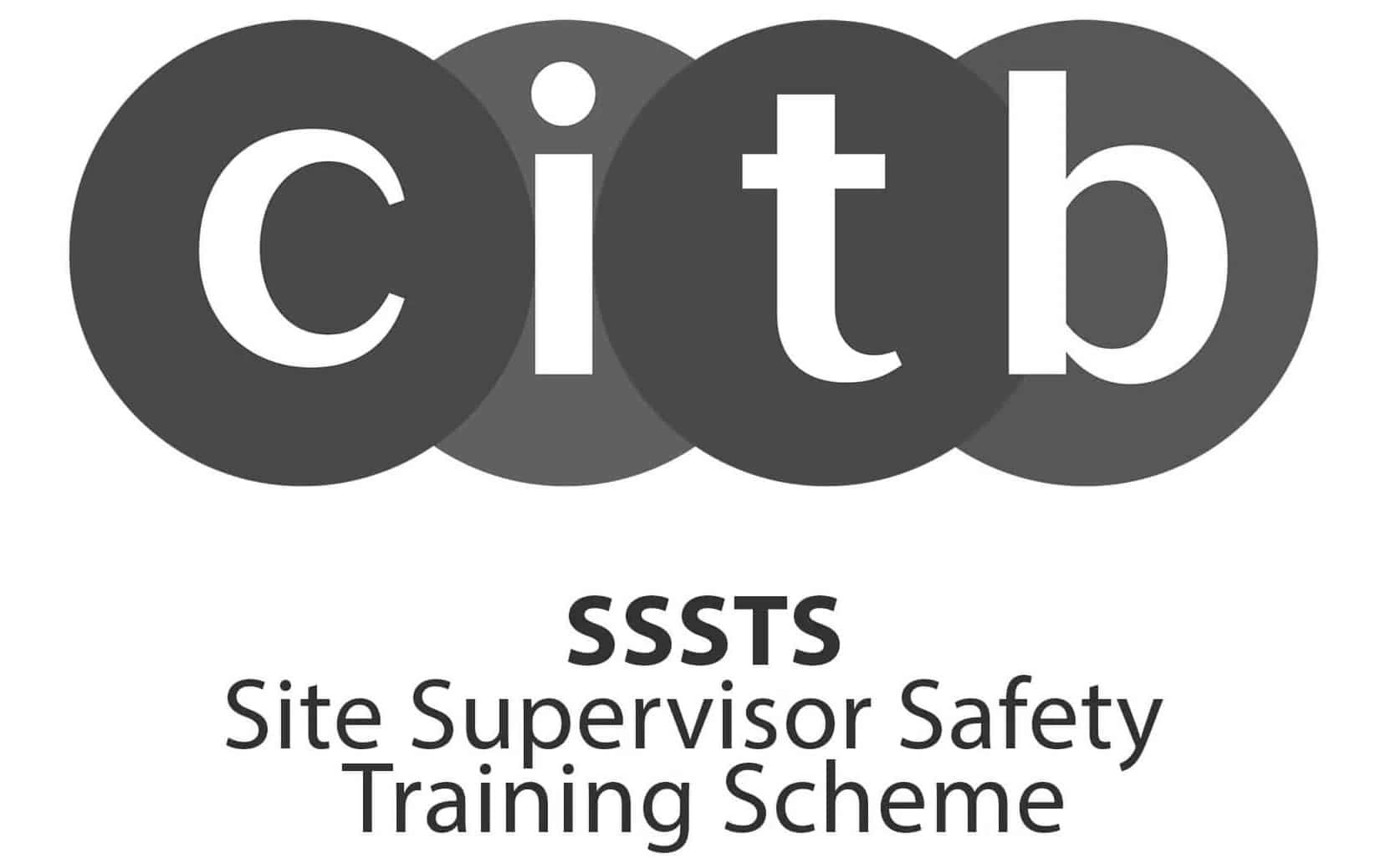In the UK, strict regulations and standards are enforced to ensure that the food produced is safe for consumption. The Food Safety Act 1990 requires food businesses to ensure that food is safe, not harmful to health, and of the nature, substance, and quality expected by consumers. Effective pest control is crucial to complying with this act.
Food factories in the UK face constant threats from various pests that can compromise food safety, damage property, and lead to significant financial and reputational losses. Understanding the types of pests, what attracts them, and how to prevent infestations is essential for maintaining a safe and productive food manufacturing environment.
This article explores the importance of pest prevention in food factories and best practices for effective pest management.
What Is A Pest?
A pest is any living thing that negatively affects humans. Pests are attracted to food factories because the abundance of food, including raw materials, waste, and finished products, provides a constant supply of nourishment for them. In addition, food factories offer numerous hiding places, such as storage areas, equipment, and structural voids, where pests can breed and thrive.
The most commonly found pests in food factories include:
- Rats And Mice: Rodents can contaminate food products with droppings, urine, and fur. They also gnaw on cables, pipes, and insulation, causing structural damage.
- Pigeons and Seagulls: Birds can spread diseases through their droppings and cause damage to buildings by nesting and pecking.
- Weevils and Beetles: These pests infest stored grains and dried food products, causing contamination and spoilage.
- Flies, Beetles, and Moths: Flies can spread pathogens like Salmonella and E. coli, while beetles and moths can contaminate and spoil stored food products.
The UK Food Standards Agency (FSA) and other regulatory bodies enforce strict hygiene standards. Failure to control pests can result in factory closures, fines, and legal actions. Fortunately, factory managers can take several steps to help control pest infestations.
How To Prevent Pests Infestations
Inspect and Monitor Regularly
It might sound simple, but the first step to becoming pest-free begins with regular monitoring and inspections. Food factories should conduct regular inspections to identify signs of pest activity, including checking for droppings, gnaw marks, nests, and other indicators. Findings should be logged and dealt with immediately to eradicate the pests and prevent further damage.
Keep It Clean
Maintaining high standards of cleanliness and hygiene is essential to prevent pest infestations. This includes proper waste management, regular cleaning of equipment and facilities, and ensuring that food storage areas are kept clean and dry.
Train Employees
Employees should be trained on the importance of pest prevention and how to recognise signs of pest activity. Encouraging a culture of vigilance and prompt reporting can help address issues before they become significant problems.
Deep Clean Regularly
Effective pest prevention requires more than just cleaning; it demands regular professional deep cleaning. Regular deep cleaning of production areas, storage rooms, and equipment eliminates food residues and potential pest habitats, making food factories undesirable to potential pests.
Implementing these comprehensive pest management strategies at your site can protect your products, ensure consumer safety, and maintain regulatory compliance.
Need Our Help?
Our team of highly trained professionals provides thorough deep cleaning services designed specifically for food factories. We go beyond surface cleaning to reach all those hard-to-access areas where pests can hide and breed. Our comprehensive approach includes:
- Production Areas: We meticulously clean and sanitise all machinery, equipment, and surfaces in production zones to eliminate food residues and contaminants.
- Storage Rooms: Our experts ensure that storage areas are kept clean and organised, reducing the risk of pest infestations in stored food products.
- Conveyor Systems: We thoroughly clean and disinfect conveyor belts and systems to prevent contamination and ensure smooth operation.
- High-Touch Areas: We focus on high-touch surfaces such as door handles, switches, and control panels to minimise the spread of pathogens.
With more than 26 years of experience in the food industry, our team understands the specific challenges food factories face. We use advanced cleaning techniques and industry-leading equipment to deliver exceptional results.
We understand that every food factory and its cleaning needs are unique. We work with you to develop a customised cleaning plan that addresses your specific requirements and meets and exceeds regulatory requirements, including those set by the Food Safety Act 1990.
Protect your food factory from pests and ensure the highest cleanliness and safety standards. Contact us today to learn more about our specialist deep cleaning services and schedule a consultation. Let us help you maintain a pristine and pest-free environment so you can focus on what you do best – producing high-quality food products.

















